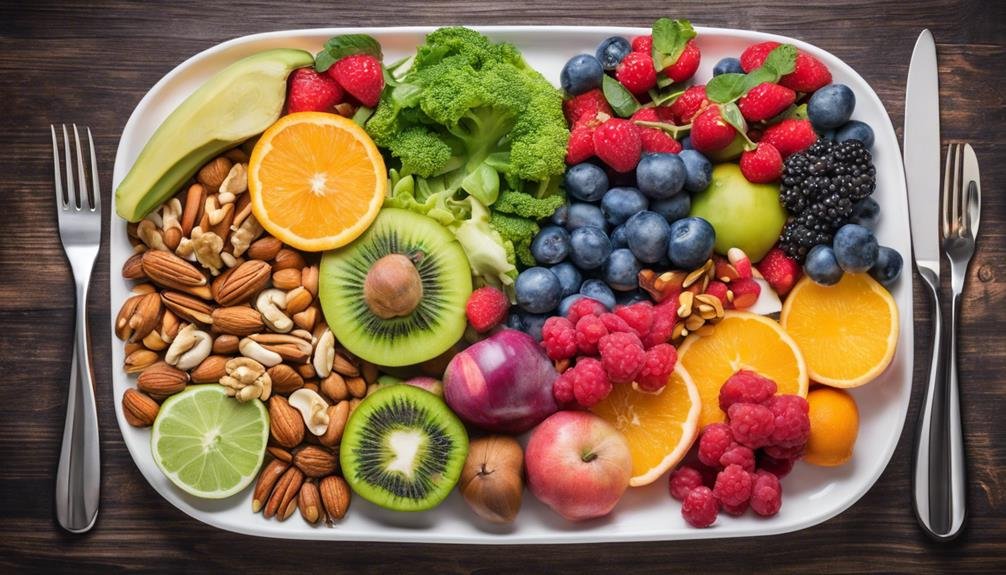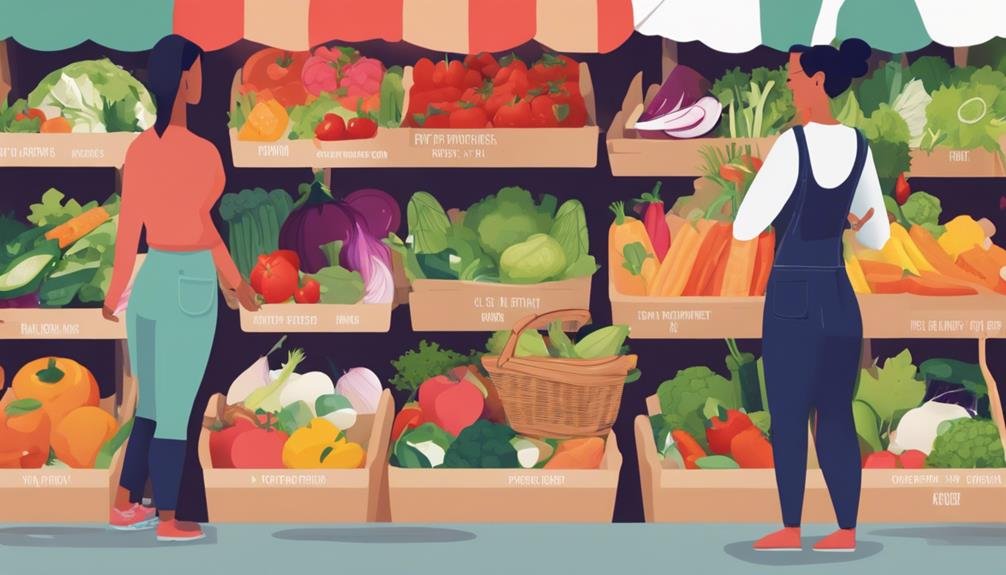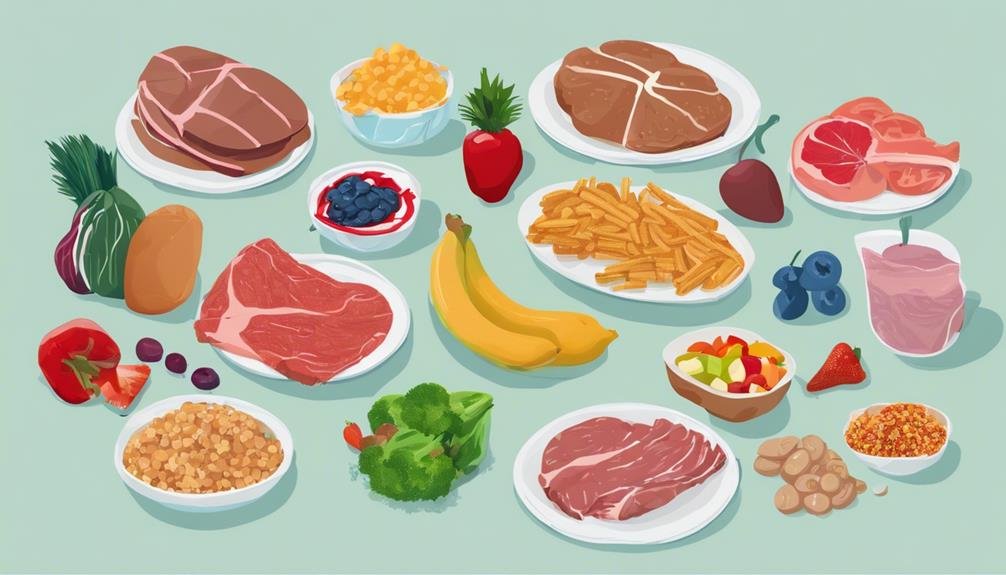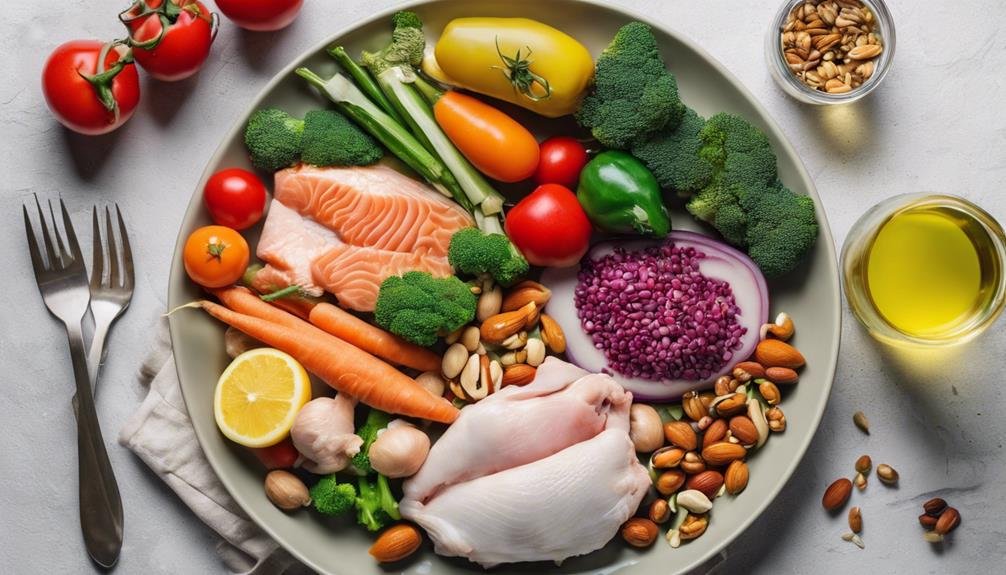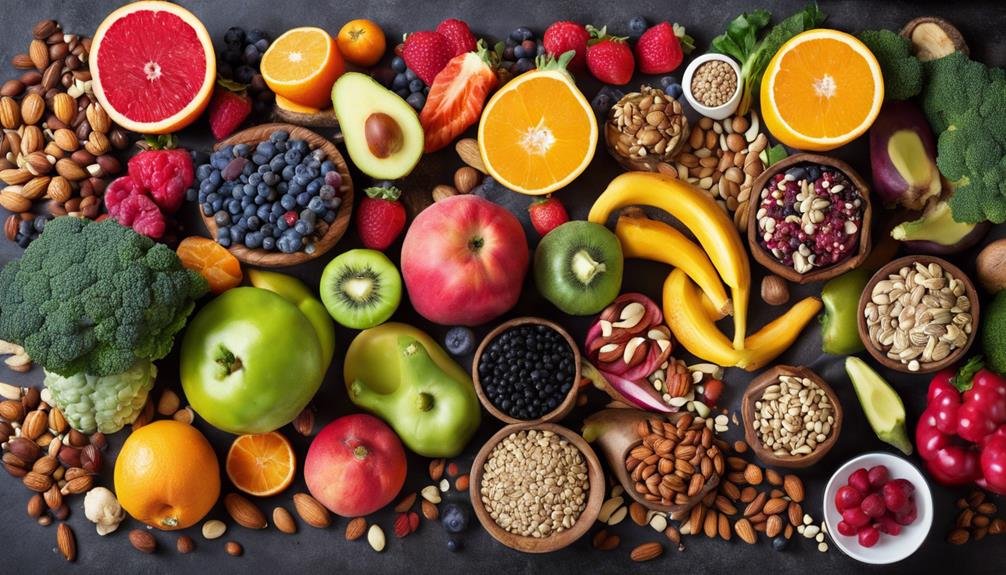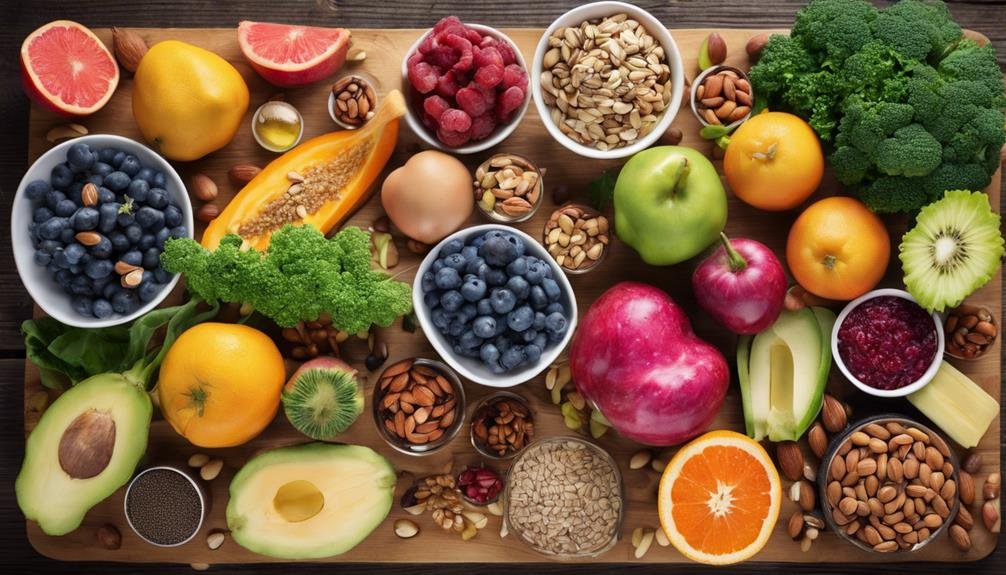Did you know that studies have shown a link between certain dietary patterns, like the Paleo diet, and improved outcomes in cancer patients? Imagine having access to simple meal plans tailored to support your health and well-being while going through treatments. These meal plans focus on whole, nutrient-dense foods that provide essential nutrients and promote overall wellness. By following these guidelines, you can take proactive steps towards a healthier lifestyle during this challenging time.
Benefits of Paleo for Cancer Patients
For cancer patients, embracing a Paleo diet can offer a multitude of benefits that may positively impact your overall health and well-being. The Paleo diet focuses on whole foods, lean proteins, fruits, vegetables, and healthy fats while eliminating processed foods, sugars, and grains. By following this approach, you provide your body with essential nutrients that support your immune system and overall health during the cancer journey.
Studies suggest that a Paleo diet may help in reducing inflammation, supporting healthy digestion, and managing blood sugar levels. These factors are crucial for cancer patients as they navigate through treatments and strive for optimal wellness.
Additionally, the emphasis on nutrient-dense foods in the Paleo diet can aid in maintaining energy levels and promoting a healthy weight, which are important aspects of cancer care.
Breakfast Meal Plan
Starting your day with a nourishing breakfast is essential for cancer patients following a Paleo diet. A balanced breakfast can provide you with the energy and nutrients needed to kickstart your day.
Consider starting your morning with a protein-rich meal like scrambled eggs cooked in coconut oil with a side of avocado slices. This combination not only provides essential protein but also healthy fats that can help keep you satisfied until your next meal.
If you prefer something lighter, a bowl of mixed berries topped with a sprinkle of nuts or seeds can be a delicious option. Berries are packed with antioxidants, while nuts and seeds offer a dose of healthy fats and fiber.
Remember to stay hydrated by enjoying a cup of herbal tea or water with your breakfast. By nourishing your body with wholesome foods in the morning, you're setting a positive tone for the rest of your day.
Lunch Meal Plan
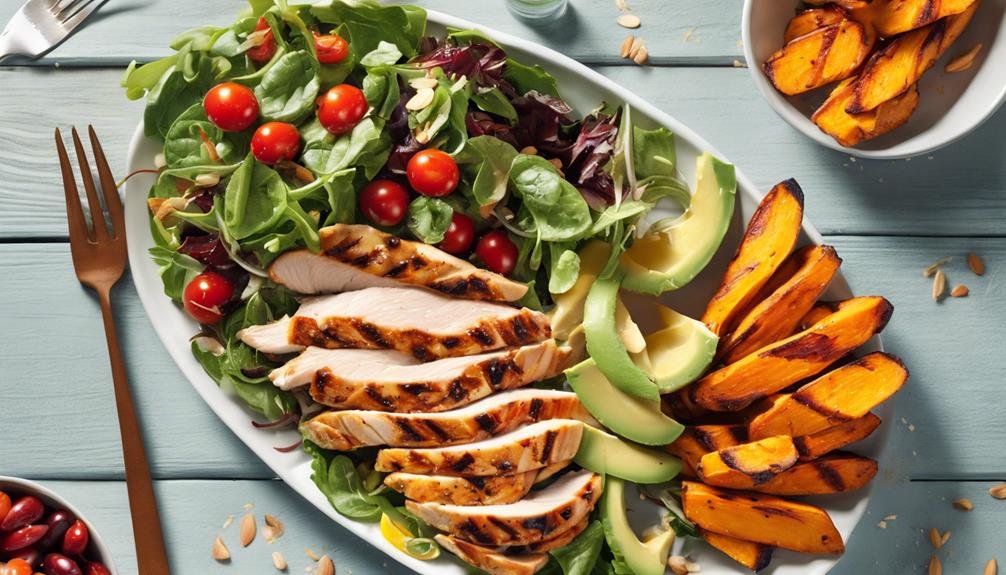
Kickstart your midday with a well-balanced lunch to fuel your body with essential nutrients while following a Paleo diet as a cancer patient.
For your lunch meal plan, opt for a hearty salad filled with leafy greens, colorful vegetables, and a protein source like grilled chicken or salmon. Add in some nuts or seeds for a satisfying crunch and a drizzle of olive oil and balsamic vinegar for a flavorful dressing rich in antioxidants.
If you prefer something warm, a vegetable stir-fry with lean beef or tofu can be a delicious and nutritious option. Remember to include plenty of non-starchy vegetables like broccoli, bell peppers, and mushrooms to boost your fiber intake and support your overall well-being.
To keep your energy levels up throughout the afternoon, consider incorporating a piece of fruit like berries or an apple for a sweet treat that's also packed with vitamins and minerals. Stay hydrated with water or herbal tea to support your digestion and overall health.
Dinner Meal Plan
Indulge in a nourishing and satisfying dinner that aligns with the principles of a Paleo diet while supporting your journey as a cancer patient. For your evening meal, consider a grilled salmon fillet seasoned with herbs and served with a side of roasted sweet potatoes and steamed broccoli. Salmon is rich in omega-3 fatty acids, which have been linked to reducing inflammation and supporting overall health during cancer treatment. The sweet potatoes provide a good source of complex carbohydrates for sustained energy, while broccoli adds a dose of antioxidants and fiber to support your immune system.
Alternatively, opt for a hearty chicken vegetable stir-fry cooked in coconut oil and seasoned with ginger and garlic. This dish offers a balance of lean protein from the chicken and a variety of colorful vegetables that provide essential vitamins and minerals to aid in your recovery.
Remember to stay hydrated with a refreshing glass of water or herbal tea to complete your nourishing dinner and support your well-being.
Snack Ideas
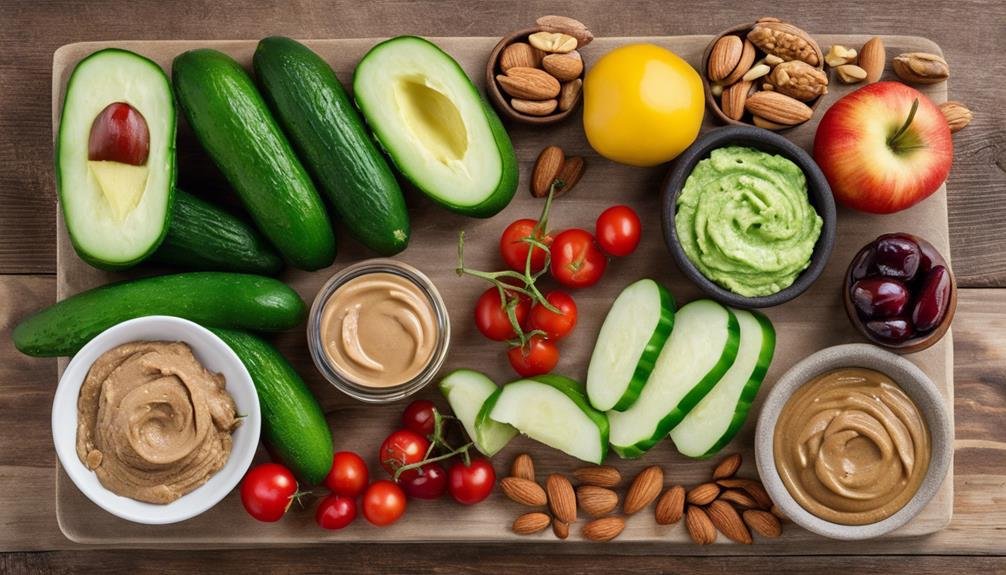
For your nourishment between meals, consider incorporating nutrient-dense snacks that can help sustain your energy levels as you navigate your cancer journey. Opt for snacks that are rich in protein, healthy fats, and fiber to provide you with lasting energy and essential nutrients.
Some simple and nourishing snack ideas for a paleo diet include:
- A handful of nuts or seeds, such as almonds or pumpkin seeds, paired with a piece of fruit like an apple or berries.
- Sliced vegetables like carrots or bell peppers with a side of guacamole or almond butter for a satisfying and nutritious snack.
- Homemade energy balls using ingredients like dates, nuts, and coconut flakes for a delicious and energizing treat.
Remember to listen to your body's hunger cues and choose snacks that make you feel good and support your overall well-being during this challenging time.
Hydration Tips
Proper hydration is essential for supporting your body's functions and overall well-being, especially during your cancer journey. Staying hydrated can help alleviate some symptoms and side effects you might experience. Here are some hydration tips to assist you on your path to wellness:
- Sip on water throughout the day: Keep a water bottle handy and take small sips regularly to stay hydrated.
- Opt for herbal teas: Herbal teas not only hydrate but also provide soothing benefits that can be comforting during this time.
- Include hydrating foods: Foods like watermelon, cucumber, and celery aren't only nutritious but also help in keeping you hydrated.
- Avoid sugary drinks: Opt for water or unsweetened beverages to maintain stable energy levels and support your overall health.
- Monitor your urine color: Aim for a pale yellow color as an indication of adequate hydration.
Grocery Shopping Guide
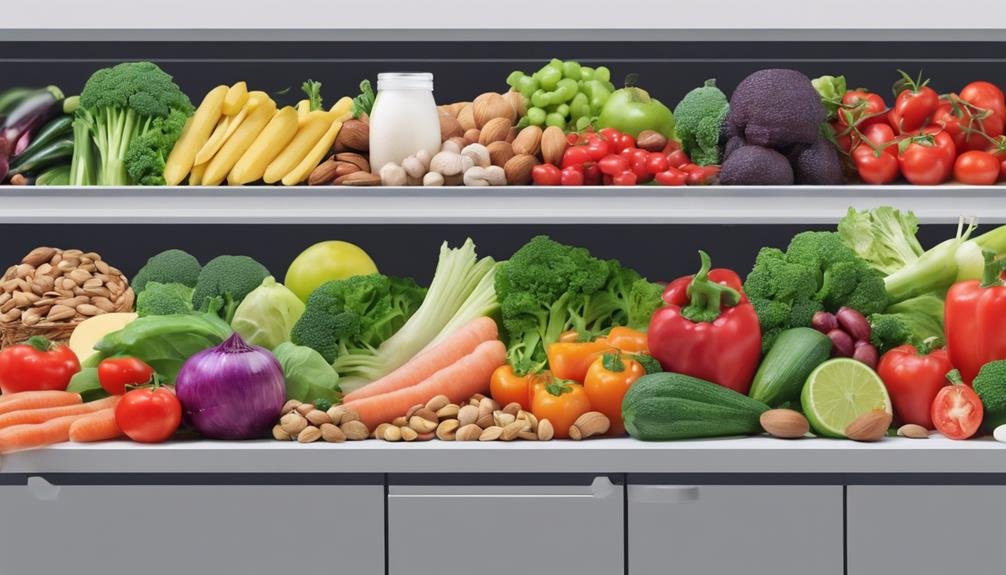
When planning your grocery list as a cancer patient, it's crucial to prioritize nutrient-dense foods that can support your overall health and well-being.
Opt for fresh fruits and vegetables, lean proteins like poultry and fish, nuts, seeds, and healthy fats such as avocados and olive oil. Choose organic options when possible to reduce exposure to pesticides and chemicals.
Look for vibrant colors in your produce, as they often indicate a higher concentration of essential vitamins and minerals. Consider incorporating herbs and spices like turmeric, ginger, and garlic for their potential anti-inflammatory properties.
Don't forget to include sources of whole grains like quinoa and brown rice for sustained energy. Reading labels and choosing minimally processed foods can help you make informed decisions.
Meal Prep Strategies
Maximizing your time and energy with efficient meal prep strategies can greatly benefit you as a cancer patient. Planning ahead and preparing meals in advance not only ensures you have nourishing food readily available but also reduces stress during treatment. Here are some meal prep strategies to simplify your routine:
- Batch Cooking: Cook large portions of meals and freeze them in individual servings for easy access.
- Pre-cut Veggies: Wash and chop vegetables ahead of time to have them ready for quick cooking or snacking.
- Utilize Slow Cooker or Instant Pot: These kitchen appliances can help save time and energy while still allowing you to enjoy flavorful dishes.
- Make Overnight Oats: Prepare a few jars of overnight oats with your favorite toppings for a hassle-free breakfast option.
- Portion Control: Use meal prep containers to portion out your meals, making it easier to maintain a balanced diet throughout the week.
Eating Out Tips

To make wise choices when dining out, consider selecting dishes that align with your dietary needs and support your well-being as a cancer patient. When eating out, opt for grilled or baked protein sources like fish or chicken, and ask for steamed vegetables or a side salad instead of fried options. Avoid creamy sauces and dressings, and opt for olive oil or vinegar-based ones. Choose whole grains like quinoa or brown rice if available. Request for your meal to be prepared without added sugars or excessive salt.
Be mindful of portion sizes, and consider sharing a dish or taking leftovers home. Don't hesitate to ask your server about ingredient substitutions or preparation methods. Remember to stay hydrated by choosing water or herbal teas instead of sugary beverages. Prioritize your health by making informed choices that support your journey towards wellness.
Nutrient-Rich Ingredients
For a cancer patient, incorporating nutrient-rich ingredients into your diet can play a crucial role in supporting your health and well-being during treatment. Choosing the right foods can provide essential nutrients that your body needs to fight off illness and maintain strength. Here are some nutrient-rich ingredients to consider:
- Leafy Greens: Packed with vitamins, minerals, and antioxidants, leafy greens like kale and spinach can help boost your immune system.
- Berries: Blueberries, strawberries, and raspberries are rich in antioxidants that may help reduce inflammation and protect your cells from damage.
- Fatty Fish: Salmon, mackerel, and sardines are excellent sources of omega-3 fatty acids, which have been linked to reduced inflammation and improved heart health.
- Nuts and Seeds: Almonds, chia seeds, and flaxseeds are good sources of healthy fats, fiber, and protein that can support your overall health.
- Turmeric: This spice contains curcumin, a compound with anti-inflammatory and antioxidant properties that may aid in managing symptoms related to cancer treatment.
Recipes for Healing
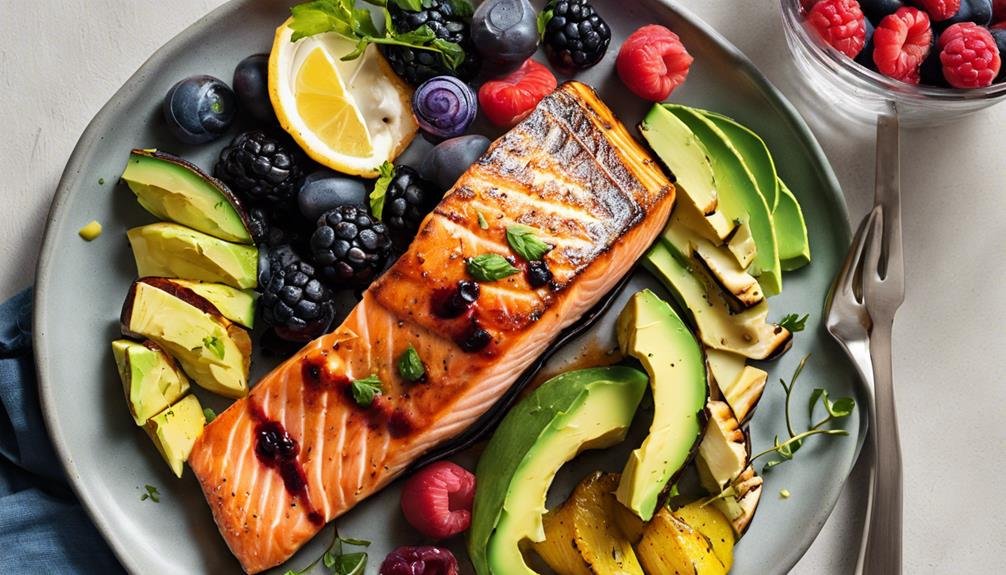
Incorporating healing recipes into your diet can provide nourishment and support during your cancer treatment journey. Opt for nutrient-dense meals like turmeric-roasted vegetables, which contain anti-inflammatory properties that may aid in reducing inflammation.
Another healing recipe to consider is a wild-caught salmon salad with avocado, offering a healthy dose of omega-3 fatty acids that can support your overall well-being. Additionally, try a warm bowl of chicken and vegetable soup, packed with vitamins and minerals to help boost your immune system.
For a comforting treat, indulge in a chia seed pudding made with coconut milk and topped with antioxidant-rich berries. This dessert not only satisfies your sweet cravings but also provides essential nutrients for your body's healing process. These recipes focus on whole, unprocessed foods that can contribute to your strength and resilience during this challenging time.
Remember to listen to your body's needs and enjoy each meal mindfully, savoring the nourishment it provides.
Mindful Eating Practices
Let's now shift our focus to the mindful eating practices that can enhance your overall well-being during your cancer treatment journey. Being present and intentional with your meals can't only nourish your body but also feed your soul. Here are some mindful eating practices to support you through this challenging time:
- Gratitude: Take a moment before each meal to express gratitude for the nourishment in front of you.
- Savoring: Slow down, chew your food thoroughly, and savor the flavors and textures.
- Mindful Breathing: Pause to take a few deep breaths before eating to center yourself.
- Awareness: Notice how different foods make you feel physically and emotionally.
- Compassion: Be kind to yourself if your eating habits fluctuate during treatment; every bite is a step in your healing journey.
Frequently Asked Questions
Can Cancer Patients Follow the Paleo Diet During Chemotherapy?
Yes, you can follow the paleo diet during chemotherapy. Consult your healthcare team to ensure it complements your treatment plan. The diet emphasizes whole foods like lean meats, fruits, vegetables, and nuts, which can offer essential nutrients during this challenging time. Remember to stay hydrated and listen to your body's needs. Prioritize your well-being and seek guidance to tailor the diet to your specific situation for optimal support during treatment.
Are There Any Specific Superfoods Recommended for Cancer Patients on Paleo?
Looking to boost your health on a paleo diet while battling cancer? Absolutely! Superfoods like leafy greens, berries, and fatty fish can be beneficial. These nutrient-packed powerhouses provide antioxidants and essential nutrients to support your body during treatment.
How Can the Paleo Diet Help With Cancer-Related Fatigue?
To combat cancer-related fatigue, the Paleo diet can be beneficial. By focusing on whole foods like lean proteins, fruits, and vegetables, you provide your body with essential nutrients to boost energy levels. Avoiding processed foods and sugars can also help stabilize blood sugar levels, preventing energy crashes.
Stay hydrated and listen to your body's signals for rest and nourishment, supporting your overall well-being during this challenging time.
Is It Safe for Cancer Patients to Consume Red Meat on the Paleo Diet?
Absolutely! You can enjoy red meat on the paleo diet, but moderation is key. Red meat provides essential nutrients like iron and protein that can be beneficial during cancer treatment. Opt for lean cuts and pair it with plenty of colorful veggies for a well-rounded meal.
Can the Paleo Diet Be Tailored for Different Stages of Cancer Treatment?
Absolutely, the paleo diet can indeed be customized to suit various stages of cancer treatment. By working closely with your healthcare team and a registered dietitian, you can tailor your paleo meals to meet your specific needs during different phases of treatment. This approach can help ensure you're getting the necessary nutrients to support your body while also aligning with your dietary preferences. Remember, personalized nutrition is key in supporting your health journey.
Conclusion
As you navigate your cancer journey, remember that the Paleo diet can offer you nourishment and support. Did you know that studies have shown that incorporating nutrient-dense foods like those found in the Paleo diet can help reduce inflammation and improve overall well-being for cancer patients? Keep focusing on whole, healing foods to fuel your body and mind during this challenging time. You've got this!
